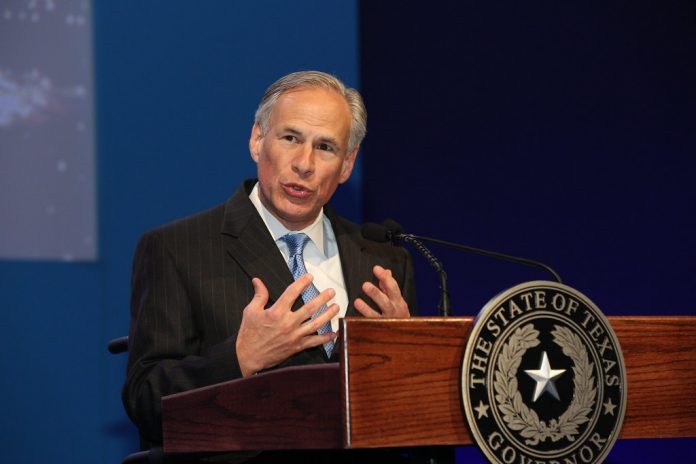(The Center Square) – Small business owners are praising a new law set to go into effect in September that will enable the state of Texas to preempt inconsistent local ordinances. They argue it provides regulatory consistency across the state, which will help them stay afloat, take care of their workers, and provide services to customers.
Business owners have asked the Texas legislature to address what they called a regulatory quagmire for years. This year, it did.
The legislature passed the Texas Regulatory Consistency Act with bipartisan support. Gov. Greg Abbott signed it into law. It’s set to go into effect Sept. 1 unless it’s blocked by a court in a lawsuit filed by the city of Houston and a California-based attorney. Critics argue the new law is unconstitutional. Some Democrats and news outlets labeled it “Death Star,” referring to the fictional series “Star Wars” space station capable of destroying entire planets.
Small business owners shared with The Center Square why they say the new law is a game-changer.
Dallas-based small business owner Greg Brown of W.W. Cannon LLC said small businesses already comply with numerous federal and state regulations. His employees live and work in Dallas, Houston, San Antonio and Austin and “thankfully don’t have four different sets of employment laws coming from each one of these cities. We do not need another governing authority to mandate any other employment laws.”
Excluding the federal laws businesses comply with, Brown said there are numerous state employment laws, chapters, subchapters, and codes already overseen by the Texas Workforce Commission, whose rules and policies are part of the Texas Administrative Code, as well as numerous municipal rules, regulations and codes on the books.
“It takes time to learn the different nuances of each municipality. These permitting laws are also constantly changing,” Brown said. If there were different employment laws for every municipality, the regulatory costs would be astronomical, he added.
Dallas-based small business owner Andy Ellard of Manda Machine Co. told The Center Square, “We obviously want and need to be in compliance with the laws, but there is only so much time in the day to try to keep up with the tangled web of regulations that live on the local, state and federal levels. As a small business owner, you either have to follow all of the ever-changing laws yourself, or hire someone, and there is only so much money you can expend for that. By maintaining employment law at the state and/or federal levels, small business owners have a better chance of compliance because it’s one set of laws. This bill maintains that if the state regulates in a certain area, cities and counties cannot duplicate that, nor should they.”
San Antonio-based small business owner Lisa Fullerton of A Novel Idea LLC told The Center Square that it is disingenuous for opponents of the new law to refer to it as the “death star” because the law doesn’t change the relationship between the state and municipalities.
Fullerton also described the current regulatory process in baseball terms. “Business owners are standing in center field watching state regulations coming out of right field, and municipal mandates coming out of left field,” she said. “When there are so many agencies allowed to mandate the regulatory grounds for small businesses, it’s a challenge … and expensive to create infrastructure support to monitor compliance.” The new law creates certainty, which is what all the business owners said is necessary for their operations.
Austin-based small business owner Robert Mayfield, who owns Wally’s Burger and Dairy Queens, told The Center Square, “Liberal or Progressive cities like Austin don’t care what you do, as long as it’s mandatory. We recently had a near death experience in Austin when the city council tried to enact a paid sick leave” because the proposal “would have been very hard to comply with.” The plan, which failed, “would have allowed anyone to call in sick, for example, whether they were or not, and at the last minute.” It also would have required businesses to publish predictive scheduling with two weeks advance notice, which was “an impossible burden … for a fast-food company. We would have had to hire people just to comply with these unnecessary mandates.”
The city council was “trying to solve a problem that didn’t exist,” he said. Small business owners like himself already “take care of our employees when sick or otherwise,” he said, “or they would go somewhere else to work, especially with this tight labor market.”
Originally published by The Center Square. Republished with permission.
For more from Budget & Tax News.
For more public policy from The Heartland Institute.











